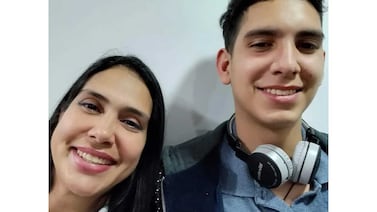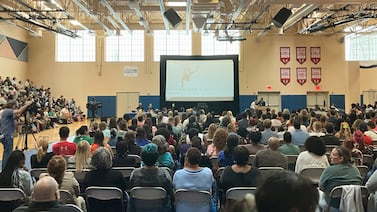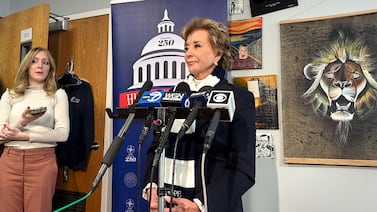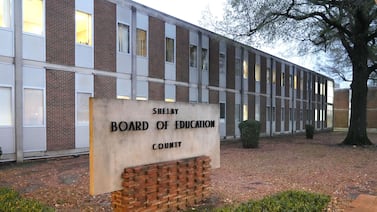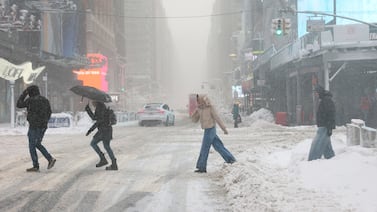Chicago residents have until Tuesday to tell the Chicago Police Department how they feel about a new set of rules that govern what police officers who are stationed in Chicago schools can and cannot do.
School officials approved a $33 million contract with the police department last summer, the first time in over a decade that written expectations were set that govern how police are supposed to behave in schools. The city’s broader police reform efforts were spurred by federal oversight of the city’s police department that followed an alleged cover-up of the fatal shooting of Chicago teenager Laquan McDonald in 2014.
The biggest change - limiting police involvement in school level discipline - went into effect at the start of this school year. A Chalkbeat examination found that principals and educators felt uncertain about some key reforms six months past a deadline.
The request for public input expires on Tuesday, June 2.
Anyone weighing in on the Chicago school police rules will be doing so amid the backdrop of nationwide anger over police killings in Minneapolis, Kentucky and Georgia that have erupted into rolling waves of unrest.
Educators are divided about the role of school police.
Dave Stieber, a Chicago social studies teacher, said he wanted to see the conversation around policing issues begin with removing police from schools altogether.
Other educators, like Kat Hindmand, the director of climate and culture at Taft High School in Norwood Park, report positive experiences with officers in their schools, particularly those who understand child and adolescent development. “It is also critical that officers fully understand, and buy into, the use of restorative discipline practices in Chicago Public Schools,” Hindmand said.
Among the guidelines the public can weigh in on are rules that govern how officers engage with students who are accused of criminal activity and how officers question students. There are also guidelines that encourage officers to have “maximum visibility” at a school during student arrival and dismissal and that give police officials, not school leadership, final authority on who is stationed at a campus.
For the full policy and to comment on it, click here. The Chicago Public Schools Department of Safety and Security also has a survey on school police, here.


